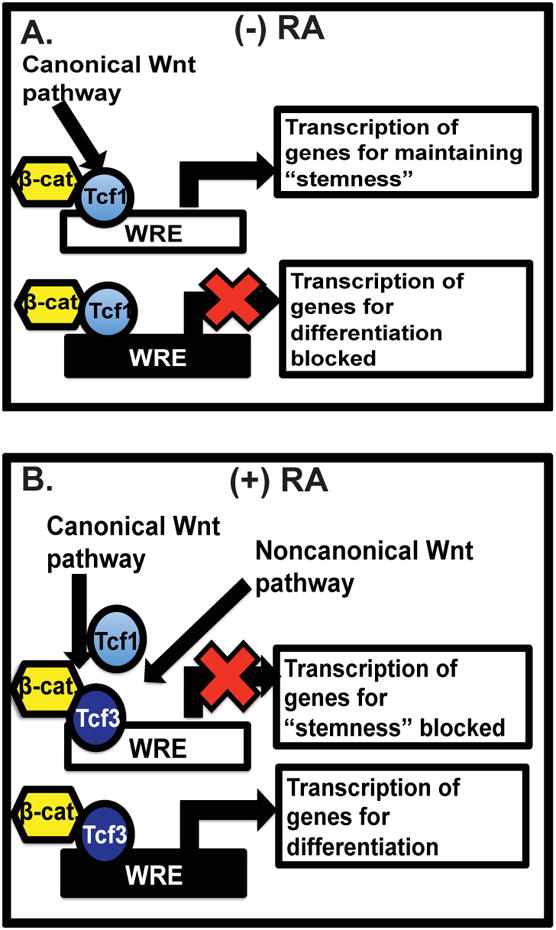Figure 7. A schematic describing the actions that RA has on canonical and noncanonical Wnt signaling.

(A) In pluripotent conditions or in the absence of RA, the canonical Wnt signaling pathway activation culminates with Tcf1 and β-catenin binding to selective Wnt response elements (WREs; white boxes) and induction of the transcription of genes necessary for pluripotency/stemness.
(B) In presence of RA, the noncanonical Wnt signaling pathway is activated and its downstream effects cause a reduction in the expression of Tcf1 and in the binding of Tcf1 at specific Tcf1-specific WREs. This reduction in WRE promoter binding, along with increased expression of Tcf3, enhances the ability of Tcf3 to bind Tcf1-selective WREs, reducing the transcription of genes necessary for maintaining the pluripotent/stem cell state. RA allows the binding of Tcf3 to WREs that promote the transcription of specific genes that are expressed in a differentiated state (black box).
